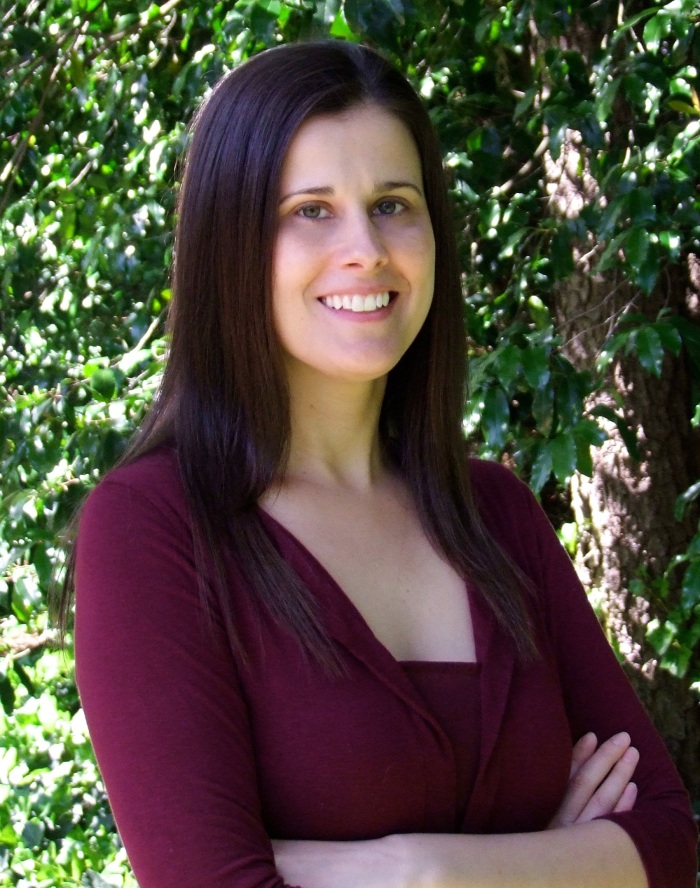Three experimental ethnography pieces by undergraduate students on COVID-19 experiences have been recently published on the Experimental Ethnography at Emory blog. These works were produced for ANT/THEA 377W “Fieldwork into Performance,” taught by Prof. Vidali in Spring 2019.

“Rush Monologues” by Aditya Jhaveri is a verbatim ethnographic theater script based on interviews with three international students.
“Face-Time during COVID-19” by Katherine Pitts is a creative nonfiction essay aimed to promote awareness of isolation and the importance of staying connected in a highly disrupted world.
“Silent” by Joy Min is a short ethnographic theater piece documenting the experiences of people who are victims of racist/xenophobic sentiments concerning the origins of COVID-19.



